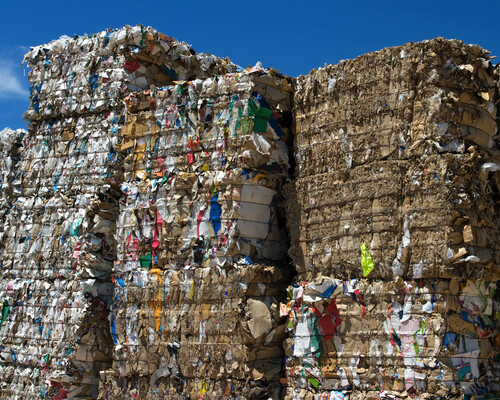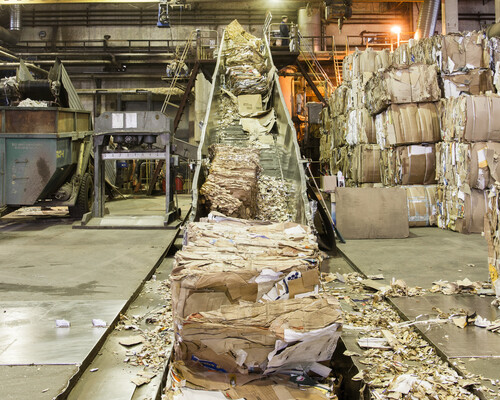March 7, 2024
(press release)
–
Extended producer responsibility, or EPR, is a waste management strategy typically used for hard-to-recycle materials. EPR is gaining attention in the U.S., mostly at the state level. State EPR legislation varies, but bills are focused on improving the recycling rates of materials commonly found in curbside recycling bins, particularly packaging. Before an EPR program is considered, states need to do a needs assessment. These studies help states better understand the current state of their waste and recycling system. Let’s explore why statewide needs assessments are important. What is a Statewide Needs Assessment? Needs assessments have the potential to look at all different aspects of how a state manages recycling and waste. That can include information on: This data helps states understand what’s working well within their recycling system. They also identify issues the state needs to work on in the future. States can also do waste characterization studies. These help states discover how much paper, food, metal and more is ending up in their waste streams by reviewing the material collected. This is helpful but doesn’t look at the full picture of a state’s entire infrastructure like a needs assessment does. Why Are Recycling and Waste Systems So Complex? Waste and recycling management in a state is complex because of things like: Let’s look at how these things can quickly make recycling complex. A home inside city limits might have a contract with a specific waste management company. That company has a list of items that they’re willing to collect based on what they can sell on the recovered materials marketplace. A home outside of city limits in the county uses a different waste management company. The list of what they collect is different from what is collected inside city limits. The frequency that they run collection routes can differ too. This is just one example of how the list of what’s accepted for recycling can differ across city and county lines. It’s also one of the reasons why states need to understand the current system before they make changes. Why Should a State Complete a Needs Assessments Before Implementing an EPR Program? Needs assessments are useful tools and help states develop data-based solutions. A study might show opportunities to improve certain parts of the system. Then, states can focus on solutions to strengthen those areas. The needs assessment could highlight areas where the system is working well. That allows the state to build in flexibility and reproduce solutions that already work. EPR programs are costly for states to implement. Using data from a needs assessment helps states focus their resources. Starting with a needs assessment study also helps states avoid unintended consequences such as: How is the Paper Industry Helping to Improve Recycling? Investing in and improving paper recycling has been an industry priority for decades. Our industry first set a goal to help improve paper recycling in the 1990s. The recycling rate has doubled since that time. We maintain consistently high recycling rates. We have an ownership stake in the recycling system. AF&PA members own and operate more than 100 materials recovery facilities nationwide. When you recycle paper, our industry turns it into new paper and packaging. In fact, about 80% of U.S. paper mills use some recycled paper in their process. Our industry is investing in manufacturing infrastructure. Nearly $7 billion in investments, planned or announced (2019-2025), will use more than 9 million additional tons of recovered fiber. We’re also working to advance a circular value chain through Better Practices, Better Planet 2030: Sustainable Products for a Sustainable Future. This goal includes: Dive Deeper Into the Paper Industry’s Commitment to Product Stewardship:

* All content is copyrighted by Industry Intelligence, or the original respective author or source. You may not recirculate, redistrubte or publish the analysis and presentation included in the service without Industry Intelligence's prior written consent. Please review our terms of use.







